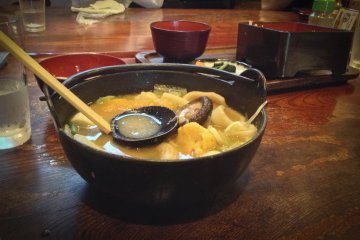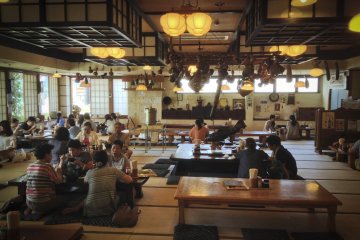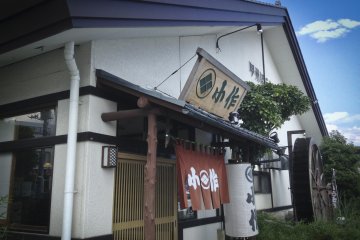When you hear "Japanese food", sushi, yakiniku, and ramen are probably among the first things that come to your mind, but there is much more to Japanese food than the popularized dishes that are served in many corners of the world. It is precisely for this reason that when visiting Japan, you may want to turn your attention to the rather traditional, hidden cuisines of rural Japan. Originating right in Yamanashi, hoto is one such dish that has been loved by the Japanese people for several centuries. Think of a mix between the beloved miso soup and udon added with fresh ingredients of the season.
Before delving into the ingredients and the cooking methods, let us explore the tradition behind this food a little bit. Hoto is believed to have been the preferred dish of the people for almost five centuries. Its origin in Yamanashi stems from the silk farming (sericulture) industry that dominated the agricultural output of the prefecture. The soil and weather that were ideal for sericulture also suited the production of wheat. However, the topsoil that mainly consisted of ash, as well as the precarious water supply (melting snow of Mt. Fuji) never sustained a successful production of rice - the staple food of Japan. It was precisely this combination of the abundance of wheat and the lack of rice that led to the creation of hoto - an udon-like noodle that is made from flour mixed with water. This creation served as an economical and plentiful alternative for carb intake - a role that rice typically served.
Isawa, Yamanashi is home to some great authentic hoto restaurants. Given its location where the dish originated, most onsen-ryokan, or local restaurants, will serve a homey tasting hoto, but there is one particular restaurant that stands out. It is restaurant Kosaku, just ten minutes away from Isawa Station. You don't even need a map to get there from the station for you just walk straight in the direction that you pass the gate. At Kosaku you will have a few selections of hoto - from the simple pumpkin hoto to fancier seafood hoto, all of which are quite filling and delicious! If you are in the area, it is highly recommended that you get a taste of Japan's traditional dish.











